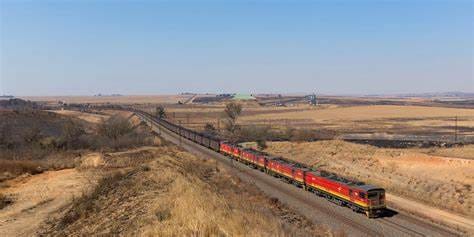Zambia plans to begin construction of the Lobito Corridor railway by the third quarter of 2026, according to Transport Minister Frank Tayali, as funding arrangements for the cross-border infrastructure initiative progress.
The railway, projected to span over 530 kilometers, will connect the copper-rich Chingola region in Zambia to Angola’s Benguela line at Luacano. The corridor is expected to become a major export route for copper and agricultural produce, enhancing regional trade.
Speaking on the sidelines of the U.S.-Africa summit in Luanda, Tayali expressed confidence in the multinational project, citing growing support from the United States, the European Union, and neighboring countries.
“We have the Africa Finance Corporation leading the development and currently addressing financial structuring,” Tayali said. “This project is significant, with strong potential to improve food security and transform arid land into productive agricultural zones.”
Angola’s Minister of State for Economic Coordination, José Massano, emphasized the government’s commitment to facilitating investment through private sector partnerships while making clear that no direct public funding would be provided. Negotiations have focused on refining clauses within the concession agreement, particularly those related to guarantees sought by potential financiers.
“Some adjustments may be made to help align the interests of operators and financial institutions,” Massano stated. “These discussions require time, but our resolve to see the project through remains firm.”
Massano also confirmed that Angola is moving forward with a $500 million funding package from the World Bank, with the goal of meeting the necessary conditions by the end of the year.
Turning to the national budget, Massano addressed the implications of oil price volatility. On Monday, he noted that prices above $70 per barrel—used in Angola’s 2025 budget projections—had offered short-term fiscal relief and supported the rollout of development programs.
However, by Tuesday, oil prices had fallen sharply. The drop followed an announcement that Israel had agreed to a ceasefire plan proposed by U.S. President Donald Trump, easing fears of supply disruptions in the Middle East. Brent crude fell by $2.48, or 3.5%, to $69 a barrel, while U.S. West Texas Intermediate dropped $2.37, also 3.5%, to $66.14 by 0927 GMT.
Asked about the possibility of seeking IMF assistance, Massano said Angola remains open to working with international financial institutions if the need arises to further stabilize public finances.



